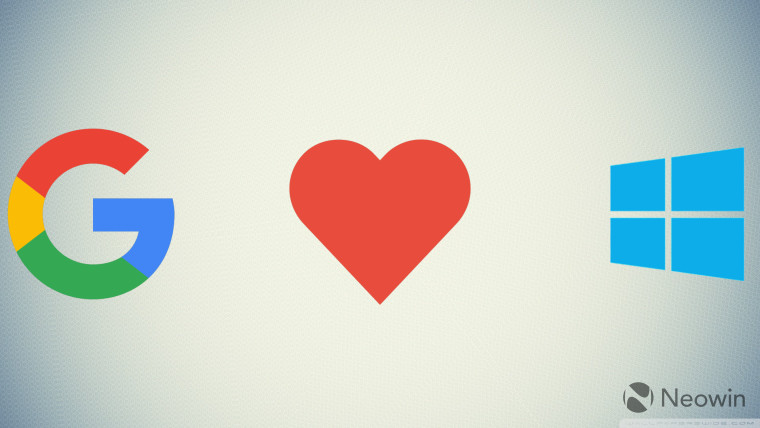
Late last year, Google made a surprise announcement that Google Play games are coming to Windows 10 and Windows 11. Then, at the start of this year, a beta for the solution arrived in Hong Kong, Taiwan, and South Korea, followed by a few more regions. Today, Google has announced that it is expanding this beta to eight more countries including the U.S., Canada, Mexico, Brazil, Indonesia, the Philippines, Malaysia, and Singapore.
What this means is that people in the aforementioned regions can head over to the dedicated webpage here in order to download a piece of software that will allow them to play up to 85 Android games directly on their Windows 10 or Windows 11 PC. Since the solution is powered by Google Play, you can easily sync your progress across different devices.
It is interesting to note that Google's solution is completely separate from Microsoft's own Windows Subsystem for Android (WSA) implementation on Windows 11.
There are key differences between the two implementations, too. Google boasts it has not partnered with anyone, such as BlueStacks or Microsoft, for this endeavor, and that this is a home-grown project. On the other hand, Microsoft partnered with Amazon to bring Amazon Appstore apps to Windows 11 through WSA. As such, Microsoft's solution is exclusive to Windows 11 whereas Google's implementation caters to both Windows 10 and Windows 11. Similarly, the Amazon Appstore offers both apps and games, whereas Google's implementation only offers games. The hardware requirements of both the solutions are different too.
But, perhaps, the main difference between the two implementations is what potentially gives Google the upper hand. Its solution is powered by Google Play, which means that you can earn Google Play points and achievements, and sync content across multiple devices seamlessly. Microsoft's WSA does not support Google Play at this point in time.
If you're interested in giving Microsoft's solution a go, check out our guide here. However, if you'd rather go for Google's own software, head over to the dedicated webpage here.
Source: The Verge

















17 Comments - Add comment